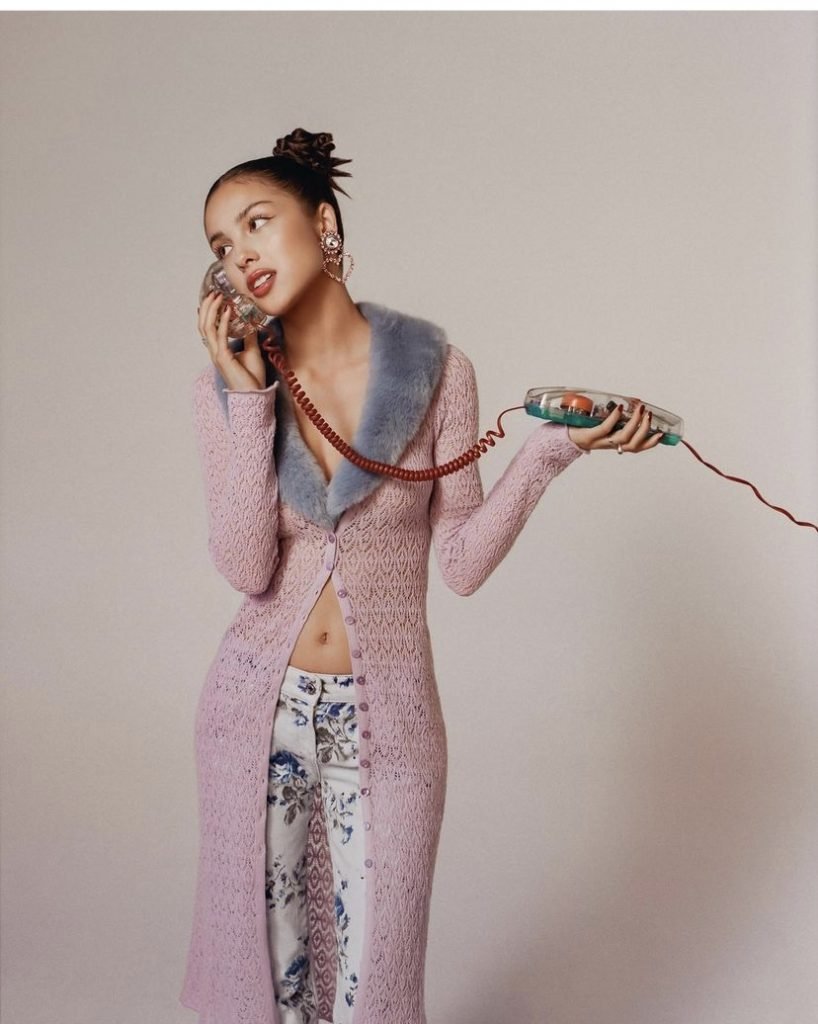TikTok has been both a blessing and a curse for the music industry. On one hand, the app is an amazing outlet for artists to share their music with the world. The viral nature of the platform has resulted in overnight success for many musicians. Whilst the opportunity to gain popularity and grow a new or pre-existing fanbase is appealing for artists globally, it comes with its downsides. We have to question whether the desire to trend on TikTok is leading to the creation of good, meaningful music or forcing artists to create catchy, inconsequential singles in an effort to go viral on the app.
TikTok to top of the charts
The platform’s rapid increase in popularity is undeniable. Lockdown saw a huge rise in its prominence and it is ‘expected to surpass 1 billion monthly active users by the end of 2021’. This has allowed musicians the chance to share original songs with the world, gain followers and accomplish success. Some artists have created music which have become popular ‘sounds’ on the app, used in lip syncing videos and TikTok dance crazes. Resulting in the song’s viral success, from this a number of singers have even received record deals.

Additionally, many musicians have established global fame due to their increasing popularity on TikTok. With the likes of Olivia Rodrigo, Conan Gray and Mimi Webb ‘blowing up’ on the app. Rodrigo’s single ‘Drivers License’, documenting her first heartbreak attained huge attention and publicity. It broke multiple streaming records on Spotify, including the record ‘for most streams of a song in a single week.’ Similarly, British singer-songwriter Mimi Webb has achieved popularity on the app. Webb uploads TikTok’s of her friends and family reacting to her music releases. The video of her mother’s reaction to her recent song ‘Lonely In Love’ gained over 600,000 views. Now with more than 1.2 million followers on the platform, Mimi Webb has released her new EP Seven Shades of Heartbreak which made it into the Top 10 album charts.
When criticism goes too far
However, despite TikTok supporting the success of these artists, there are downsides to the app. Whilst it offers an unprecedented direct line of communication between artists and fans. At times this can have negative consequences. American TikTok star, Dixie D’Amelio received huge backlash after releasing her music and sharing it on the platform. Her comment section was filled with hate after she shared her single ‘Be Happy’ back in 2020. Her subsequent music releases have suffered from similar criticism. Last year, singer-songwriter Taio Cruz spoke with the BBC about his decision to leave TikTok. After experiencing incessant negative comments, he began having ‘”suicidal thoughts.”‘ Cruz denounced the ‘”mob mentality that happens in the comment sections.”‘
What constitutes good music?
Considering the trolling some musicians receive on the app, we can ask ourselves what actually constitutes ‘good music?’ And are the songs that go viral and receive positive support on TikTok even examples of good music? TikTok is worsening our already decreasing attention span and it is becoming increasingly difficult for artists to create songs which will be catchy enough to hook a listener, in such a short amount of time. Whilst also being meaningful. Additionally, the quantity of content accessible on TikTok makes it a competitive platform. It challenges singers to churn out content, covers and new song releases faster and faster to maintain their audience’s attention. Is this damaging the quality of music they create? If we consider good music to be meaningful, personal and inspiring to others, then I would question whether TikTok’s algorithm promotes this sort of art.
Whilst TikTok has benefited many musicians, boosted their followers and kickstarted their careers. It is important to consider how it is damaging the music industry. Artists are more exposed to hate comments, pressured to produce quality art quickly and face the dilemma of keeping up with trends whilst staying true to themselves.

